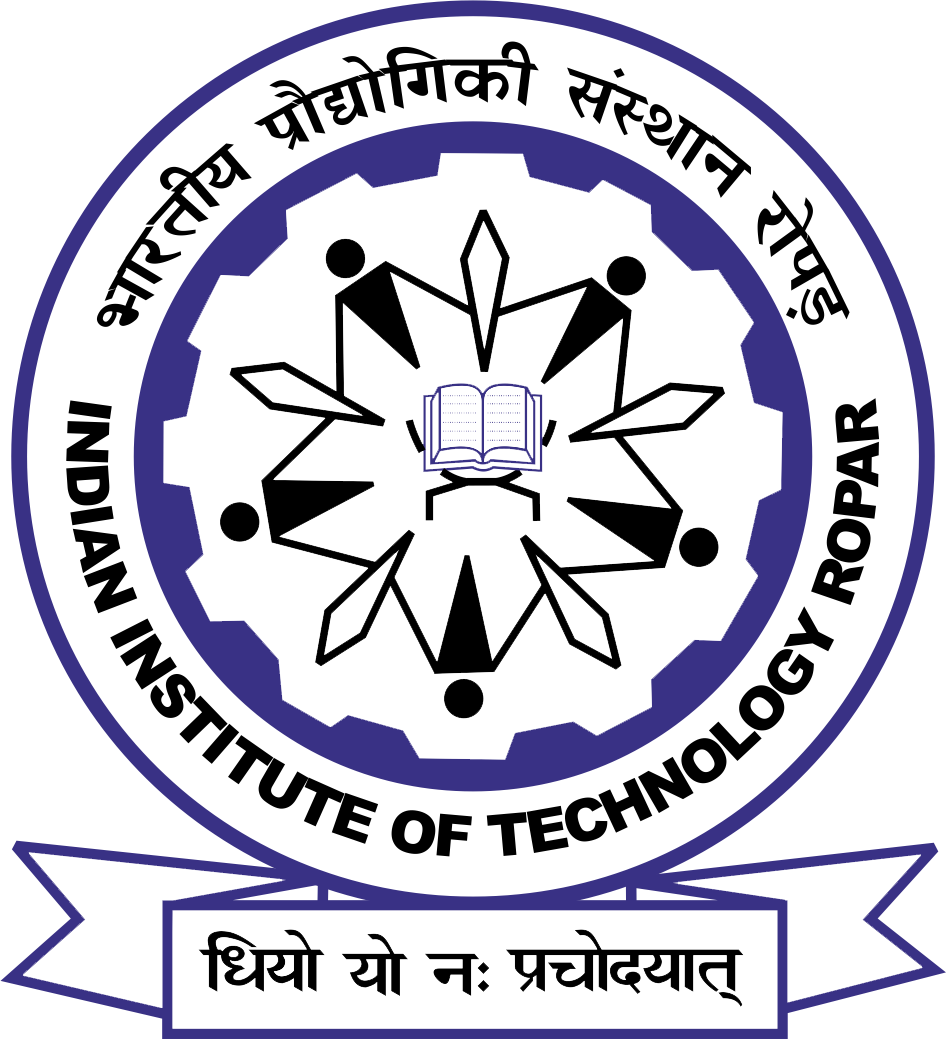Pharma/Healthcare & Medical Devices
Nation’s largest pharma industry cluster is situated in Baddi (H.P.). This cluster and other pharma units of northern region (of India) are facing two major problems: The APIs needed for manufacturing of drugs/medicines are imported from other countries. As the global scenario is shaky, and the desire of the central government to be ‘Atmanirbhar’, it is imperative we look for home grown/indigenous APIs. The waste generated by pharma units needs to be treated in ETPs which are in need of up-gradation as per the stringent regulations laid down by the regulatory authorities of the state. Both these problems require intervention of R&D which can only be met by the scientists of the universities and research laboratories. The projects submitted address both these issues. Healthcare: Northwest region of India, especially Punjab and Haryana, have state of art health related institutes including PGIMER-Chandigarh, GMCH-Chandigarh, AIIMS-Bhatinda, Medical colleges at Rohtak, Amritsar, Patiala, Shimla and other places. The premiere R&D institutions carrying out health related research include CSIR-CSIO, CSIR-IMTECH, PU, IIT- Ropar, NIPER-Mohali, IISER-Mohali and a few more. These institutes offer excellent research facilities & talent pool, giving impetus to tech-interventions for improved health care delivery processes and procedures. India, a developing country, has majority of its population residing in villages where medical facilities (doctors, hospitals etc.) for humans and domestic animals (primarily cattle and chickens) are much below expectations. In urban areas cancer, diabetes, high blood pressure are common diseases. Linking relevant scientists and industries with the hospital doctors will certainly help in addressing prevailing healthcare challenges viz. communicable/non- communicable disease burden, community specific vulnerability etc. The Punjab Govt. has recently launched ‘Mission Tandrust Punjab to build a healthy Punjab for achieving human excellence in a sustainable manner, in alignment with Sustainable Development Goal 3.0. Use of Artificial Intelligence (AI), the development of new drugs, and dietary controls can lessen the disease burden. Medical Devices: Medical Devices are considered a fundamental component of Health Systems; the benefits they can provide continue to increase as they are essential to prevent. diagnose, treat and rehabilitate illnesses and diseases in a safe and effective way. By using technology, the medical field can make discoveries regarding treatments, data collection, symptom and disease research, cure research, human aiding devices. This technology is a rapidly developing field with advances in areas like medicine, artificial intelligence, devices, and nanotechnology, the landscape is constantly changing. The medical device industry is poised for steady growth, with global annual sales forecast to rise by over 5 percent a year and reach nearly US $800 billion by 2030. The “Medical Device Technology” thematic area will address a wide range of applications through advanced medical device development in the broader areas such as Personalized Medicine, Point-of-care devices, Biosensor technology. Medical imaging technology, 3D Printing and Al & Machine Learning. The cluster will explore scientific collaborations of industries with the expertise available at Panjab University and IIT- Ropar, along with researchinstitutes such as CSIR-CSIO, CSIR-IMTECH and SCL-Mohali to create an innovative base inIndia to fill the gap,and creating an eco-system for providing next generation of medical diagnostics for easy and accessible healthcare to common peoples in effective way.



